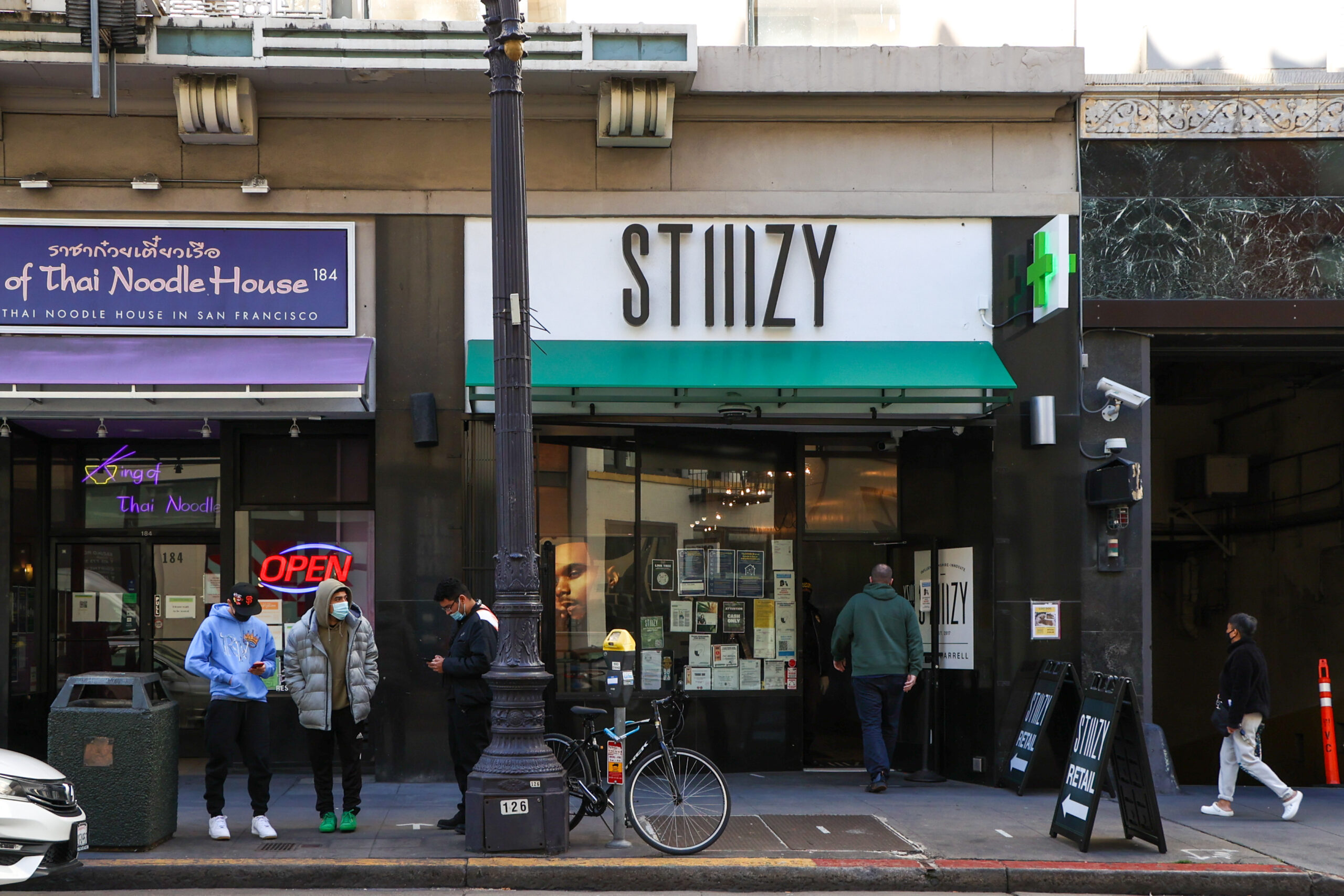Workers at Shryne Group Inc., a Los Angeles-based cannabis company that has the largest network of dispensaries in the state, have ratified the first-ever statewide union contract for California’s $4.4 billion cannabis industry.
The deal with the United Food and Commercial Workers (UFCW) union covers more than 1,000 employees at Shryne’s retail outlets in Northern California and Southern California.
“When you organize somebody like SGI, which is one of the largest retail operators in the state, that means they are going to lead, not follow,” said Jim Araby, the director of strategic campaigns for UFCW local 5, a 30,000-member union based in Hayward. The union’s members ratified the contract with a 97.1% vote
Since the passage of Prop. 64, California has grown to become the world’s largest legal cannabis market. San Francisco alone has 65 recreational cannabis retailers, according to data from the city’s Office of Cannabis.
Shryne currently owns four dispensaries in San Francisco—Stiizy Mission, Authentic 415, Stiizy Union Square and Flight SF. Another Shryne Group dispensary at 518 Brannan St. is slated to open in the coming months, and workers will have the opportunity to join the union under the master agreement.
“As the largest cannabis employer in California, we are excited that we have entered into this first of its kind global agreement with the UFCW,” Shryne Group President Tak Sato said in a statement. “We believe all workers deserve living wages, benefits and workplace protections and this contract guarantees that for our employees.”
UFCW was organizing individual dispensaries before Shryne approached the union to create a statewide master agreement to govern employees at unionized shops, as well as newly-opened dispensaries across the state.
Under California state law, cannabis companies with 20 or more employees are required to enter into a labor-peace agreement, a contract between an employer and a union that prohibits employers from disrupting efforts to organize their employees.
While UFCW has traditionally represented workers at pharmacies and grocery stores, the cannabis industry has been a recent focus. The union has added its lobbying heft to promote policies advocated for by industry, including the lifting of cultivation taxes that advocates say make it difficult for legal operators to compete with the illicit market.
Shryne’s labor agreement includes a number of key worker protections and benefits including local starting hourly wages of $18.50 with a minimum of 50 cent raises every six months until the end of the contract in 2024. There is also a $3 additional hourly wage for leads, $2 for workers undergoing training and 50 cents additionally for receptionists.
As part of the contract, full-time employees are guaranteed 40 hours or work a week and part-time employees are guaranteed at least 30 hours a week, a key factor in qualifying for health and welfare benefits. After one year of operating under the contract, at least 40% of workers must be full time.
The agreement also includes access to retirement benefits, a number of holidays off and time-and-a-half payment for employees who work during the cannabis holiday 4/20.
Shryne, like many other large companies in the cannabis industry, has moved toward vertical integration and owns a number of cultivation, manufacturing and distribution hubs in addition to their retail outlets.
“This is a space where workers are going to need a voice,” Araby said. “UFCW wants to organize the whole thing and be the union of record for the cannabis industry.”
